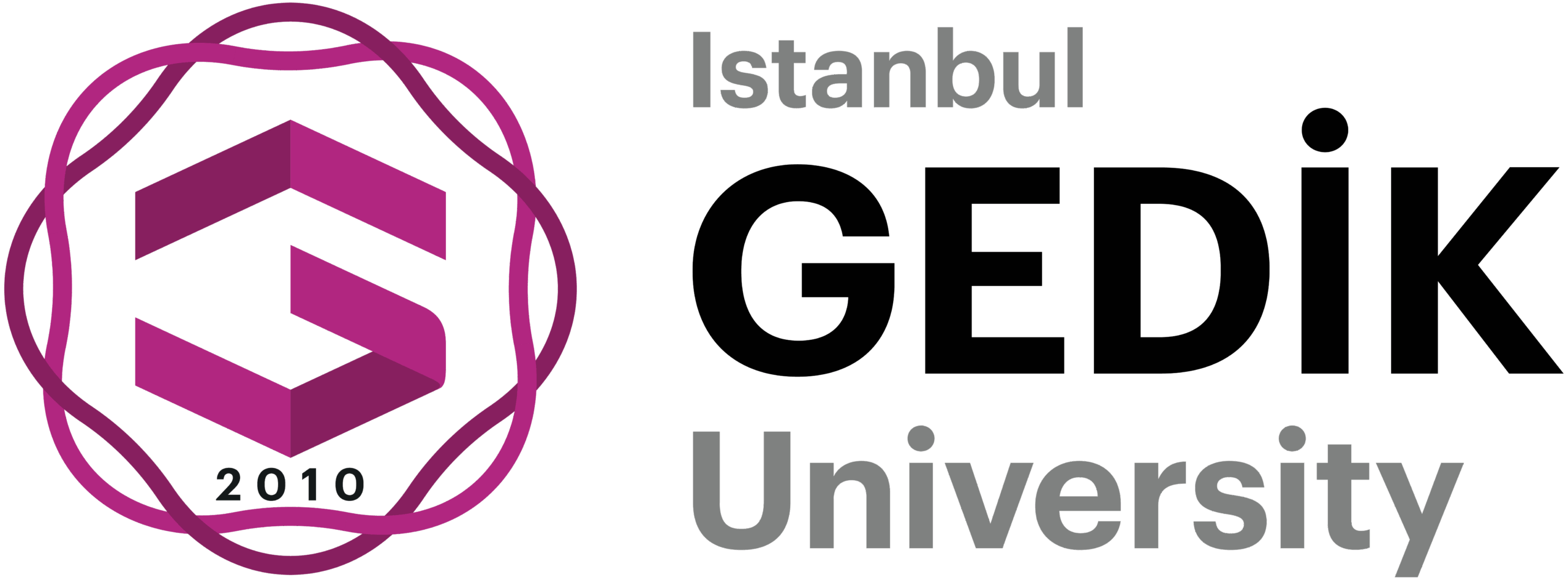- Has basic, current and applied information about his/her profession.
- Gains knowledge about occupational health and safety, environmental awareness and quality processes.
- Knows the legal regulations regarding emergency health services.
- Knows the anatomical structure and physiological functions of the human body.
- Have knowledge about mechanical and technical equipment of emergency vehicle.
- She/He follows current developments and practices in her profession and uses them effectively.(dişil)
- Effectively uses information technologies (software, programs, animations, etc.) related to her/his profession.
- Has the ability to independently evaluate professional problems and issues with an analytical and critical approach and propose solutions.
- Explains and applies basic and advanced life support.
- Defines and uses the equipment used in the provision of emergency health services.
- Ensures and manages the safety of oneself, the patient and the scene in the provision of emergency health services.
- Can perform resuscitation, defibrillation and cardioversion.
- During patient transport, he/she has the ability to use materials suitable for the conditions of the sick or injured and to position them.
- Knows the history of the Republic of Turkey in line with Ataturk’s principles and reforms.
- Can present his/her thoughts effectively through written and verbal communication at the level of knowledge and skills and expresses them in an understandable manner.
- Has awareness of career management and lifelong learning.
- It has social, scientific, cultural and ethical values ??in the stages of collecting data related to its field, applying it and announcing the results.
- Follows the information in her field and communicates with her/his colleagues by using a foreign language.
- Uses terminology specific to the field of health effectively.

- ABOUT US
- Corporate
- Management
- Administrative Departments
- General Secretariat
- Legal Consultancy
- Information Technology Department
- Administrative Affairs Department
- Corporate Communications and Public Relations Department
- Library and Doc. Department
- Financial Affairs Department
- Student Affairs Department
- Directorate of Personnel Department
- Health, Culture and Sports Department
- Department Of Strategy Development
- Construction and Technical Department
- Publishing Coordinatorship
- Directorate of Editorial Affairs
- Units Affiliated to the Rectorate
- ACADEMIC
- RESEARCH
- STUDENTS
- CONTACT
Program Learning Outcomes
Published Date: 24 November 2024Update Date: 25 November 2024